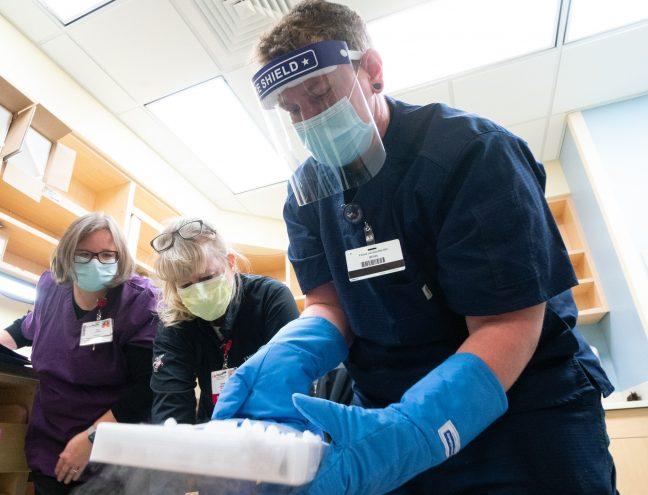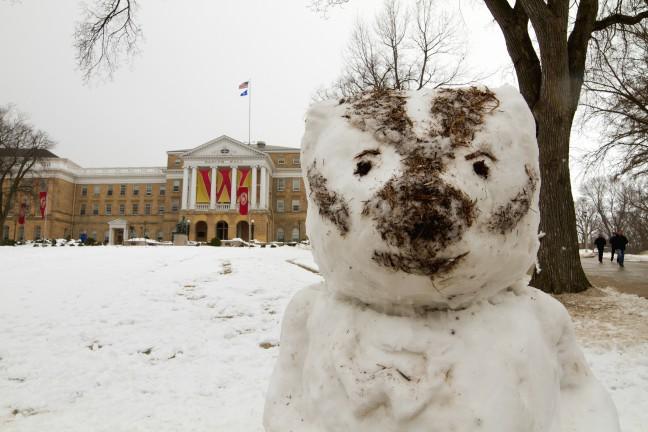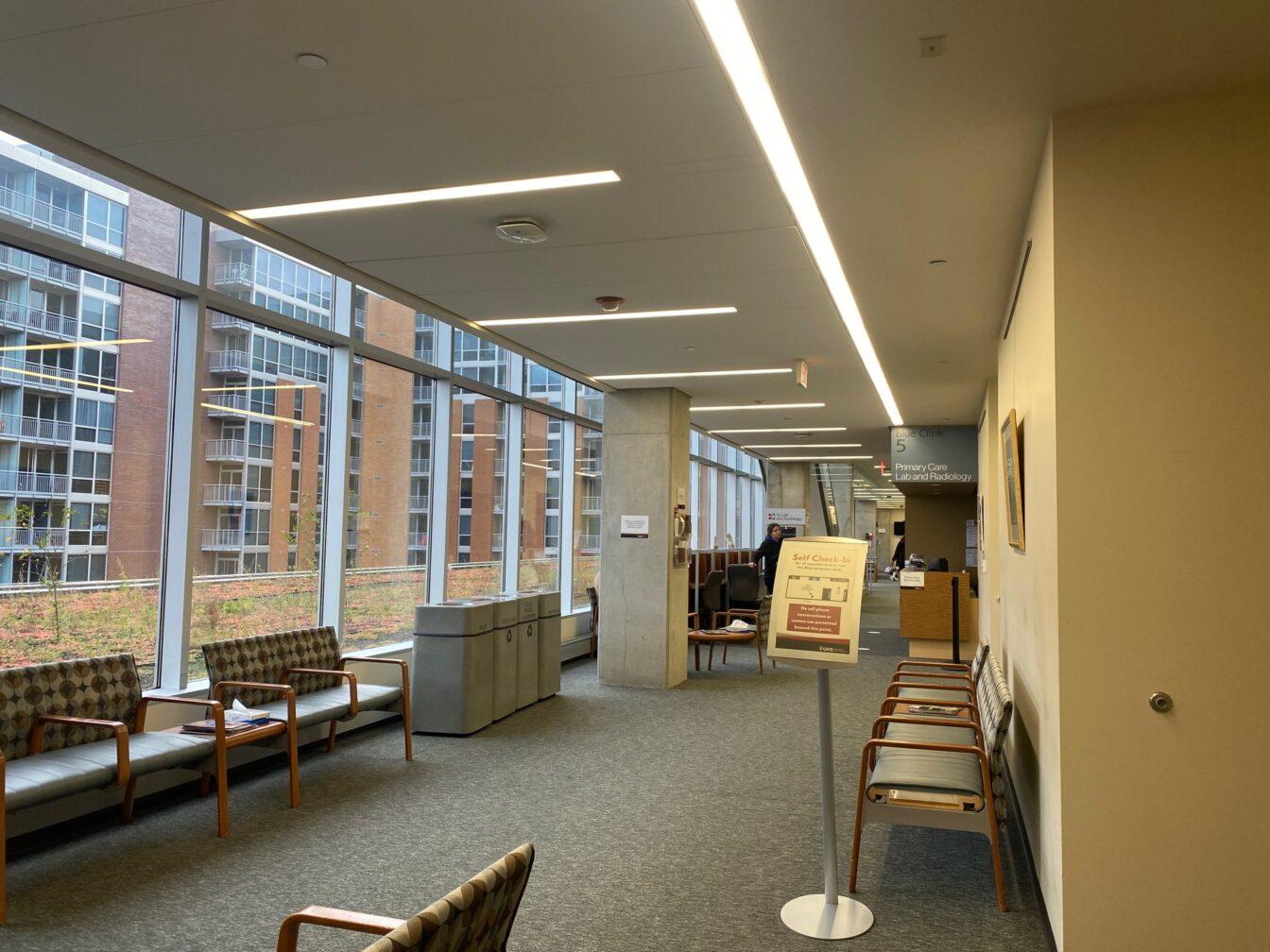Two more University of Wisconsin campuses have reached a 70% vaccination rate, but UW-Madison remains a leader in this realm despite not partaking in the incentives their counterparts have issued towards students.
Several UW schools have been offering incentives, such as scholarship opportunities, to their students to increase their vaccination rates on campus. This proves to be effective as another two campuses, UW-Oshkosh and UW-Whitewater, recently joined UW-Madison, UW-Eau Claire, UW-La Crosse and UW-Milwaukee in reaching their goal of 70%, according to Wisconsin State Journal.
Despite not having issued any additional incentives, UW-Madison maintains the highest vaccination rate of 93%. Additionally, Wisconsin State Journal reported UW Chancellor Rebecca Blank has announced an extension of the mask mandate to at least Nov. 26.
Booster shots become key part of vaccination equation with recent pending approvals
With the emergence of the delta variant, the vaccine’s effectiveness has decreased, making measures to control the spread pivotal, UW-Madison Associate Professor of population health sciences Ajay Sethi wrote in an email statement to The Badger Herald.
“Masks reduce the chance that someone with SARS-CoV-2 infection will transmit the virus to others and are most effective when everyone is wearing them, especially indoors,” Sethi said.
Sethi and other public health experts at UW-Madison work closely with college administrators and other local and state health officials to come up with the new rules and steps to be taken by UW-Madison to address the current COVID-19 pandemic.
With the vaccine and the mask mandate, positive COVID-19 cases have been much lower lately than this time last year, decreasing from 1.8% positive results in all on-campus tests to 0.13%, according to UW-Madison’s COVID-19 dashboard.
The number of people testing on campus has also significantly decreased, a seemingly good sign, UW spokesperson Meredith McGlone said in an email to The Badger Herald.
McGlone said due to the high number of vaccination rates on campus, fewer people have been seeking to get tested over the past two weeks, which is also due to the fact that fully-vaccinated students are not required to do weekly testing.
According to Wisconsin State Journal, while these measures may seem excessive to some, they are crucial in maintaining different in-person academic and entertainment activities as the winter approaches and more events move indoors.
As the pandemic continues to impact student’s lives, everybody shares the goal of getting life back on track.
“As we gain more control of the pandemic, the more comfortable and confident people can be as they try to resume their lives as best as they can,” Sethi said. “When public health policy is scientifically based, we give ourselves the best chance of controlling the pandemic.”
Dane County Board of Health responds to resolution to extend emergency order
In addition to testing and immunization, University Health Services is now officially offering a booster, or third, shot of the Pfizer vaccine to eligible students and employees.
For people who received at least two doses of the Pfizer vaccines at least six months ago, the CDC has released eligibility criteria determining who should and who may receive a booster shot.
People who should receive a third shot include those aged 65 and over, people aged 18 and older in a long-term care facility and/or people aged 50 to 64 with certain medical conditions, such as cancer or diabetes
People aged 18 to 64, who received two doses of the Pfizer COVID-19 vaccine at least six months ago may seek a Pfizer booster if it will be beneficial for their health as well as the health of others around them or if they have certain medical conditions.
At this time, the CDC has not released guidance on booster shots for those who received Moderna or Johnson and Johnson vaccines. A third dose, however, of Moderna and Pfizer is available at UHS for moderately or severely immunocompromised individuals. Make an appointment for a third shot here.













